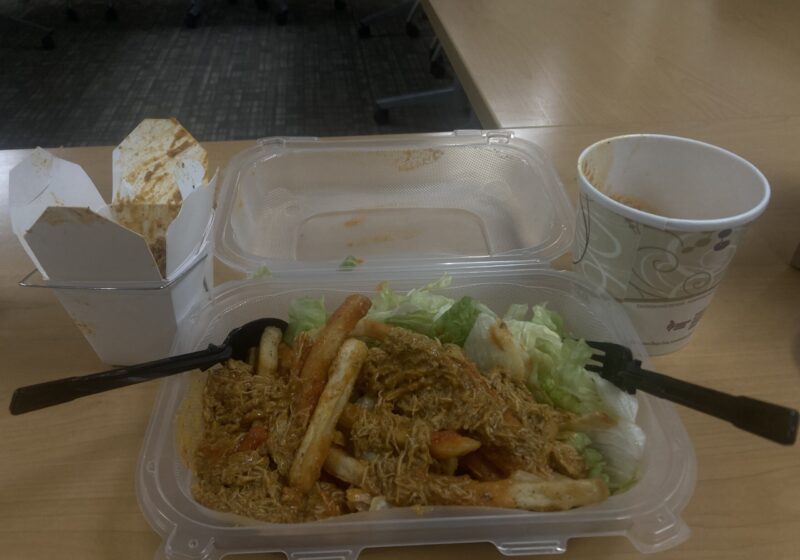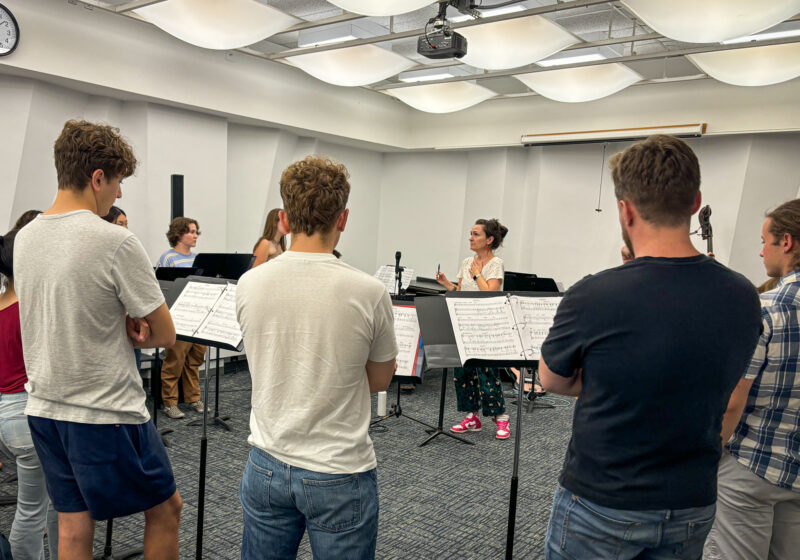David Wu, a professor in the Department of Chemical Engineering at UR, has developed a way of considerably boosting the bacterium Clostridium thermocellum’s ability to produce ethanol.
Ethanol, which has been touted of late as the solution to the world’s energy needs, is often referred to as “corn oil” by supporters of the quest for renewable energy. In reality, ethanol is an alcohol that can be derived from corn and then used as an alternative to gasoline with considerable ease.
One of the main problems to this approach thus far has been the adverse effect such a mass production would have on the world’s supply of corn – which happens to be a staple food source for billions of people. Prices would go up on corn and on all of its peripheral products – everything from cooking oil to livestock that are primarily fed corn.
Wu’s research could potentially expand the range of sources from which ethanol can be derived to include not only corn, which is very valuable, but also biomass waste like grass and cornstalks – which has no value. The United States produces one billion tons of unusable biomass on a yearly basis. The main impediment to converting all of this waste into ethanol has been the inefficiency of the conversion process, which relies on specialized bacteria performing a plethora of highly intricate chemical reactions that breakdown the biomass from its raw form.
However, with a research grant from the Department of Energy, Wu has successfully isolated the specific genes that control the breakdown process of wood into ethanol in the C. thermocellum bacteria. What distinguishes these bacteria from other ethanol-producing stains is the fact that they can perform the whole process in just one step – an important factor in reducing production costs and increasing efficiency.
The gene isolation is a feat of no small significance. C. Thermocellum has roughly 100 enzymes that can work together to perform millions of chemical reactions. Going through each one to find the appropriate combination of enzymes could have taken decades. Fortunately, an innovative approach that circumvents the dilemma was found.
“The bacteria know how to express just the right genes to break down any particular biomass substrate [in this case wood], and we wanted to know how they know to turn on and off just the right genes at the right time to do the trick,” Wu said. “We found the bacterium essentially throws the whole bowl of spaghetti at the wall, sees what sticks and then makes a lot of that particular noodle.”
In a paper published this week in the “Proceedings of the National Academy of Sciences” and coauthored by graduate students Michael Newcomb and Chun-Yu Chen, Wu lays out the first complete triggering pathway for enzyme production in C. thermocellum. The pathway was discovered primarily by monitoring gene expression and correlating it with enzyme production patterns while bacteria broke down biomass and converted it to ethanol.
In the process of discovering the pathway, Wu ended up sequencing the bacteria’s entire genome. This was a necessary step in the process of matching specific genes with specific stages in the conversion process. But now that the blueprints for ethanol generation have been drawn up, researchers can move on to the next step.
“This is the first revelation of how a bacterium chooses from its more than 100 enzymes to break down a particular biomass,” Wu said. “Once we know how a bacterium targets a particular type of biomass, we should be able to boost that process to draw ethanol from biomass far more efficiently than we can today.”
In addition, Wu is also trying to map out the pathways for ethanol generation from additional materials, including but not necessarily limited to corn stalks, grass and even “food waste.” However, there is still much work to be done, and the adoption of ethanol as a permanent substitute to fossil fuels is still a long way off.
“I don’t think this is the revolution that makes ethanol a mainstay, but I believe this is a part of what will lead to the revolution,” Wu said.
Singh is a member of the class of 2008.




